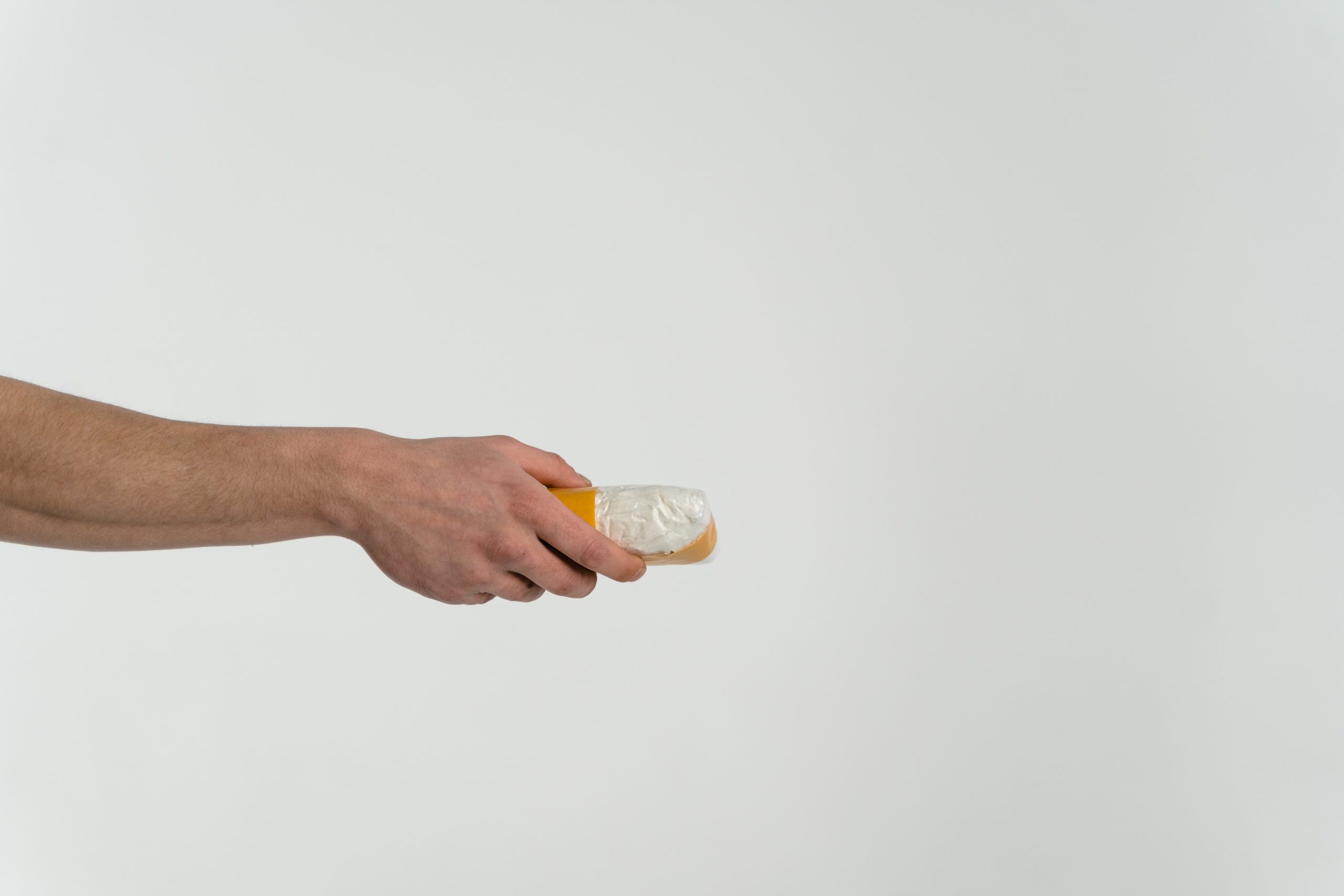How Long Does Heroin Stay In Your Body?

Do you want to know how long does heroin stay in your body? Then you have come to the right place.
Heroin is an intoxicating drug made from morphine. It is not legal to use heroin in the United States, although it can be found on a limited basis in the UK, Netherlands, and Canada to treat addiction.
Heroin carries the risk of overdosage and dangerous interaction with other prescribed medicines and drugs. Knowing how long heroin stays in your system can help in understanding the variables and risks.
Because heroin has a short life span and is a fast-acting agent, sometimes it is undetected in standard drug screenings. Heroin high can last for 30 minutes, but the drug is broken down into detectable, which can show for one to four days in screening tests.
How Long Does Heroin Stay in Your Body?
Blood: Up to six hours
Urine: Up to three days
Saliva: Up to 24 hours
Hair: Up to 90 days
Read More- The Best Post-Workout Supplements And Everything You Need To Know
How Long Does It Take to Feel Effects?
Heroin sold illegally on streets varies widely in purity, strength, and substances mixed in. People who consume heroin for recreational purposes use it in different ways, changing the duration of its effects. Heroin can be snorted, injected, or smoked. The effects can be felt swiftly depending on the dose. The euphoria can also be somewhat around 45seconds to a few minutes and some for more than 2 hours.
Some physical effects of heroin are flushed skin, nausea, dry mouth, and heavy feet and hands.
How Long Does Heroin Last in Your System?
Heroin has a rapid half-life lasting for 2-6 minutes, and it is metabolized to morphine and 6-acetyl morphine. Morphine has a half-life of one to seven hours, and a half-life of 6-acetyl is 6-25 minutes. It takes around 4-5 half-lives for any drug to eliminate from the system effectively.
6-acetyl morphine and heroin can enter the brain readily as compared to morphine. In the nervous system and body, the drugs act on receptors involved with pain suppression, euphoria, drowsiness, dysphoria, depressing breathing, and hallucination.
Urine
Urine tests are the most frequently done drug screening test because of their low cost and easy administration. Heroin can stay in urine for one to four days after last consumption.
Blood
In some cases, blood tests are done to check if there is a heron in your body. The 6-AM assay test was originally developed to do urine tests. However, it is sensitive enough to detect the heroin metabolites in your blood. Such tests are useful to follow traffic accidents or overdoses to differentiate between the use of heroin for pain relief.
Saliva
According to the National Highway Traffic Safety Administration(NHTSA), heroin metabolite 6-acetyl morphine levels can be detected in saliva when consumed at high levels. In some situations, these saliva tests are reported to be more efficient. However, the tests need to be administered quickly after the last intake of the drug.
Hair
Heroin can also be detected in hair follicles for upto 90 days after the consumption of the drug. People who regularly consume heroin for long-duration regularly may have a longer window for hair detection.
False Positive Testing
Eating foods that contain poppy seeds like bagels or muffins can show false positives for opiates on drug testing. Poppy seeds contain traces of codeine and morphine. Most of the content is removed during food processing; however, tiny opiate traces might be left behind, which are enough to trigger the false-positive on drug tests.
Poppyseed consumption can lead to positive results within two hours of consumption and are also detectable in urine for 60 hours. Certain medications like rifampin, quinolones, and diphenhydramine can also result in false positives of heroin test results.
These tests have lower costs and good sensitivity, which is why these are used in medical and employment drug screenings. However, these are prone to false positives and require confirmation testing.
Read More- Is Alcohol a Stimulant?
Factors That Affect Detection Time
Like most drugs, the primary way of eliminating heroin out of the body is via kidney through urine. It is also excreted in the form of saliva, sweat, and feces.
Individual Factors
How long does heroin stay in your body will show up on different drug tests is influenced by various factors like body mass, weight, personal metabolism. The overall health of a person, including kidney and liver function, also plays a huge role in how heroin is processed and cleared from the body.
Dosage and Frequency of Use
The major factor which influences how long a drug is detectable is the dosage and frequency. Heroin stays in the body for 1-2 days when used in small amounts; however, chronic or heavy usage can make it detectable in urine for around one week.
Drug Interactions and Purity
Heroin is illegal, and there is only a small chance of its purity. Some doses might be purer and stronger than others, which increases the amount of time it takes for the drugs to be completely eliminated from the body. Interaction with other substances can also influence the metabolization capacity of heroin.
How to Get Heroin Out of Your System?
Heroin is quickly metabolized and is not detectable in standard drug tests after three days of consumption. There is only one way to get the heroin out of your system, and that is to give your system some time to metabolize and eliminate it on its own.
Stopping heroin consumption cold turkey can cause severe withdrawal effects, so it is best to consult with a doctor for various treatment options available. Do regular exercise and drink plenty of water to metabolize the substance quickly.
Symptoms of Heroin Overdose
After consumption of heroin, a person is always at risk of overdose and interactions with other substances as well. Street heroin varies in purity ranging between 26% to 47%, and is combined with other substances like alprazolam, diphenhydramine, ketamine, etc.
One important reason to stay aware of how long heroin stays in your body is the added risk of overdose. If you consume more heroin, the effects may doze off, but the drugs remain in your body, causing accidental overdose.
Some common symptoms of heroin overdose are :
- Slow or difficulty in breathing
- Discolored tongue
- Extremely small pupils
- Weak pulse
- Low blood pressure
- Bluish lips and nails
- Coma
- Stomach and intestine spasm
- Disorientation
- Delirium
- Uncontrolled muscle movements
Read More- Basement Bar Ideas That Will Leave You And Your Guests Stunned
Final Words:
Heroin is a highly addictive drug and results in both psychological as well as physical dependence on the drug. If you wish to quit your heroin addiction, many things get you through the withdrawal process and help in fastened recovery.
Acute heroin withdrawal symptoms can feel like a bad case of flu. The withdrawal symptoms start 6 to 12 hours after the last dose and can last for about one week.
Some common symptoms of heroin withdrawal are:
- Nausea
- Vomiting
- Cold sweats
- Body aches
- Diarrhea
- Cold sweats
- Runny nose
- Drug cravings
- Insomnia
- Fatigue
- Anxiety
- Agitation
Extreme withdrawal symptoms can be easily managed with appropriate medication in a detox setting. After withdrawal, there are various recovery options, including residential and outpatient treatments.
Some medication-assisted treatments for opiate addiction include Buprenorphine, Methadone, Naltrexone, and Naloxone. Psychological treatments like contingency management and cognitive behavioral therapy are also effective in treating heroin addiction.






